Experiential learning is a powerful approach that emphasizes active participation and reflection in the learning process.
Understanding and utilizing the seven processes of experiential learning—such as concrete experience and reflective observation—can significantly enhance both education and professional development.
Each of these interconnected steps contributes to our ability to gain insights and develop practical skills.
Recognizing the importance of integrating these processes can lead to a more effective and enriching learning experience.
This shift in perspective has the potential to reshape our understanding of how learning occurs and how we can apply it in various contexts.
Understanding Experiential Learning
Experiential learning fundamentally reshapes educational approaches by linking theoretical knowledge to practical experiences. This method acknowledges the varied ways individuals learn, promoting active engagement rather than passively absorbing information. The essence of experiential learning lies in immersing oneself in the process, creating a more impactful and meaningful educational journey.
Engagement in experiential learning activates cognitive processes, enhancing retention and comprehension. Emotional involvement is crucial, as it deepens the connection to the material, leading to a better grasp of concepts. Social interaction further enriches this experience; collaborating with peers not only broadens understanding but also cultivates vital skills, such as teamwork and communication.
I have incorporated diverse teaching strategies that promote participation and reflection. This emphasis on skill development enables me to support others effectively, whether through knowledge sharing or facilitating discussions.
Each encounter reinforces the notion that learning is an ongoing, dynamic process. Ultimately, my understanding of experiential learning empowers me to craft educational experiences that resonate profoundly with those I aim to assist.
Concrete Experience
Concrete experience involves engaging with real-world situations that enhance our understanding of various concepts. These experiences offer essential moments for personal reflection, enabling us to learn from what we encounter.
Analyzing how these experiences influence our perspectives can significantly enhance our ability to learn effectively. For example, stepping into a new job allows individuals to grasp the complexities of teamwork and communication, fostering skills that may not be evident in a classroom setting.
Embracing these real-life scenarios is crucial for personal and professional development, as they provide practical insights that theoretical knowledge can’t match.
Engaging With Real Situations
Engaging with real-life situations enhances learning in ways that theoretical knowledge can’t provide. Real scenarios present valuable opportunities for personal and professional growth, particularly in service-oriented roles.
Immersive experiences enable individuals to apply their knowledge practically, deepening their understanding and enhancing situational awareness. Through hands-on problem-solving tasks, individuals develop the ability to think quickly and adapt to changing circumstances.
Collaborative projects unite diverse viewpoints, leading to meaningful interactions that enrich the learning process. Facing real challenges encourages participants to step outside their comfort zones, fostering resilience and creativity.
The immediate feedback received during these activities is invaluable. It hones skills and helps refine approaches, ensuring continuous improvement.
Engaging with real situations not only provides essential tools for personal development but also fuels a passion for making a positive impact. Each experience serves as a foundational step toward becoming more effective in serving others and addressing shared challenges.
Personal Reflection Opportunities
Personal reflection opportunities are crucial for fostering self-awareness and personal development. Taking time to reflect allows me to assess my own thoughts and actions, ultimately guiding my efforts to support others more effectively. Journaling serves as a valuable tool in this process, enabling me to document my feelings, insights, and experiences.
Seeking feedback plays a vital role in my growth. I actively pursue constructive criticism and engage in discussions with peers to gain a deeper understanding of how my behavior affects those around me. These dialogues often lead to meaningful reflections that encourage a mindset focused on growth, motivating me to embrace challenges and learn from them.
Setting aside regular time for reflection enhances my awareness of both my strengths and areas needing improvement. In these moments of insight, I see how my experiences influence my ability to serve others effectively.
Committing to this practice not only aids my personal journey but also equips me to better assist others in theirs. Embracing personal reflection significantly alters how I engage with the world around me.
Reflective Observation
Reflective observation plays a vital role in my learning process, enabling me to analyze experiences from various viewpoints. This practice fosters critical thinking, allowing for a deeper assessment of situations. I often notice that reflecting on my interactions with others promotes emotional growth, helping me to better understand my feelings and those of my peers.
In collaborative learning settings, I carefully monitor group dynamics and individual contributions. This heightened awareness enhances my self-knowledge, helping me recognize the impact of my actions on the team. Engaging in reflective observation sharpens my problem-solving abilities, as I can spot behavioral and decision-making patterns that may require change.
Valuing feedback is crucial; I appreciate constructive criticism and use it to improve my methods. This approach helps me develop flexible strategies that enable me to tackle challenges more successfully.
Ultimately, reflective observation empowers me to make thoughtful decisions, enhancing my capacity to serve others with empathy and understanding. Through this process, I become not only a better learner but also a more compassionate person, ready to make a positive impact on my community.
Abstract Conceptualization
Abstract conceptualization is a vital cognitive process that enables individuals to form theories and frameworks based on their experiences and observations. This stage of learning allows for the application of new knowledge to real-world situations, which enhances the practical use of theoretical insights. As one engages in conceptualization, knowledge retention improves significantly.
Through active cognitive engagement, essential patterns and connections emerge, facilitating skill development. This process also promotes meaningful learning outcomes by incorporating feedback mechanisms that refine understanding. Problem-solving, in this context, involves recognizing the impact of emotions on the learning experience.
Collaboration with peers greatly enriches this stage. Engaging in discussions about concepts leads to diverse perspectives that challenge and broaden one’s thinking. This collaborative approach enhances self-directed learning while fostering a supportive environment conducive to growth.
Ultimately, abstract conceptualization plays a crucial role in transforming observations into actionable insights that benefit others, ensuring that learning extends beyond personal gain and contributes to the greater good.
Active Experimentation
Active experimentation serves as a vital link between theoretical knowledge and practical implementation.
It’s the stage where we apply our learnings in real-life situations, enabling us to validate our concepts and ideas. Engaging in this process is crucial, as it not only allows for testing but also contributes to a deeper comprehension of our methods.
Incorporating reflective practice enhances this experience, enabling us to make adjustments and improve our approach effectively.
For instance, a marketing professional might develop a new campaign strategy and then execute it, analyzing the results to refine future efforts.
This hands-on approach fosters growth and learning, making active experimentation essential for personal and professional development.
Practical Application in Learning
Practical application plays a crucial role in my learning process, transforming abstract theories into tangible skills. Engaging in hands-on activities has empowered me to develop abilities that have a direct positive impact on my community. Through immersive experiences and interactive learning, I’ve realized the significance of applying knowledge in real-world contexts.
Here are the ways I implement practical application in my learning:
- Collaborative Projects: Teamwork nurtures a sense of belonging and enhances problem-solving capabilities.
- Field Experiences: Observing real-world scenarios helps me grasp the consequences of my actions.
- Experiential Workshops: These interactive sessions facilitate skill acquisition while addressing community needs.
- Simulation Exercises: Practicing through realistic scenarios allows me to test my responses and improve my strategies ahead of actual challenges.
Each of these elements enriches my understanding and equips me to assist others effectively. By actively participating in these approaches, I translate knowledge into action, making a meaningful difference in the lives of those around me.
Through hands-on experimentation, I’m not merely acquiring knowledge; I’m evolving as a community-oriented individual.
Reflective Practice Integration
Reflective practice is a crucial component of personal and professional development. It allows individuals to analyze their experiences, leading to enhanced understanding and growth. Engaging in reflection fosters critical thinking skills and promotes collaborative learning. Taking the time to evaluate past experiences enables one to serve others more effectively.
Here’s a structured approach to my reflective practice:
| Experience | Reflection | Action Plan |
|---|---|---|
| Team project | What aspects were effective? What were the challenges? | Request feedback from teammates |
| Community service | How did my actions affect others? | Pinpoint areas needing enhancement |
| Workshop participation | What valuable insights emerged? | Implement new strategies in future workshops |
| Conflict resolution | What feelings arose during the situation? | Research conflict management techniques |
| Learning from failure | What insights can I extract from setbacks? | Embrace failures as opportunities for growth |
Integrating reflective practice not only deepens understanding but also enhances the ability to assist others in their learning journeys. This method transforms experiences into valuable lessons, facilitating meaningful personal growth.
Integrating Learning
Integrating learning is a crucial aspect of education that enables individuals to turn theoretical knowledge into practical skills. This process not only enhances comprehension but also prepares one to assist others more effectively. Engaging in various activities solidifies understanding and demonstrates how knowledge can be applied to real-world situations.
Below are several effective methods for integrating learning:
- Hands-on Activities: Participating in practical activities allows for direct application of theoretical concepts, which enhances memory retention and understanding.
- Collaborative Projects: Teamwork encourages a sense of community, enriching the learning experience through the sharing of diverse perspectives and ideas.
- Cultural Exchanges: Engaging in cultural exchanges expands one’s worldview and fosters empathy, which is essential in a globalized society.
- Creative Workshops: These settings promote innovative thinking and skill development in a nurturing environment, encouraging participants to explore new ideas.
Emphasizing these methods can significantly enhance the educational experience and foster a deeper connection with the material learned.
Real-World Applications
Integrating learning with real-world applications is vital for transforming theoretical knowledge into practical skills. Engaging in community projects is one effective way to achieve this, as it allows individuals to see how concepts come to life.
For example, case studies serve as valuable tools for dissecting complex challenges, while hands-on training enables direct engagement with these issues.
Role-playing exercises can replicate real-life scenarios, improving problem-solving skills in a controlled setting. Internships and service-learning initiatives present opportunities to apply knowledge in ways that benefit the community. Field trips provide firsthand experiences in various environments, enhancing understanding of different contexts.
Mentorship opportunities also play a crucial role in this process. Collaborating with seasoned professionals not only aids in developing skills but also cultivates a supportive community.
These interactions emphasize the significance of using our knowledge to positively impact those around us. Engaging in real-world applications not only enhances individual learning experiences but also contributes to societal betterment. Embracing these opportunities can lead to meaningful change for ourselves and our communities.
Benefits of Experiential Learning
Experiential learning is a powerful educational approach that significantly enhances personal and professional growth. This method emphasizes hands-on experiences, enabling individuals to apply their knowledge in real-world situations. The transformative effects of experiential learning are particularly evident for those dedicated to making a positive impact on others.
Here are some key benefits I’ve witnessed:
- Career Advancement: Participating in practical tasks equips you for professional challenges and strengthens your resume by showcasing relevant experiences.
- Skill Development: This approach fosters essential skills often neglected in conventional education, such as critical thinking and adaptability.
- Confidence Building: Overcoming real-life challenges instills a sense of self-assurance, enhancing your effectiveness in various pursuits.
- Teamwork Dynamics: Working alongside others cultivates vital teamwork skills, improving your ability to collaborate with diverse groups.
Experiential learning also promotes innovative thinking, allowing you to tackle problems from fresh perspectives. As you engage with various scenarios, you cultivate a strong foundation in adaptability, an essential trait in today’s dynamic world.
For those committed to making a difference, embracing experiential learning can unlock your potential and enhance your capacity to serve others effectively.
Conclusion
Experiential learning is a dynamic approach that enhances the way individuals understand and utilize knowledge. It emphasizes hands-on experiences, allowing learners to actively engage with their environment. For example, consider a student volunteering at a local shelter. Through this involvement, they actively reflect on their experiences, develop new perspectives on community service, and apply these insights to future initiatives. This continuous cycle fosters a deeper understanding and imparts essential skills that are beneficial in both personal and professional realms. Adopting experiential learning is crucial in today’s fast-paced world, as it promotes significant growth and adaptability.

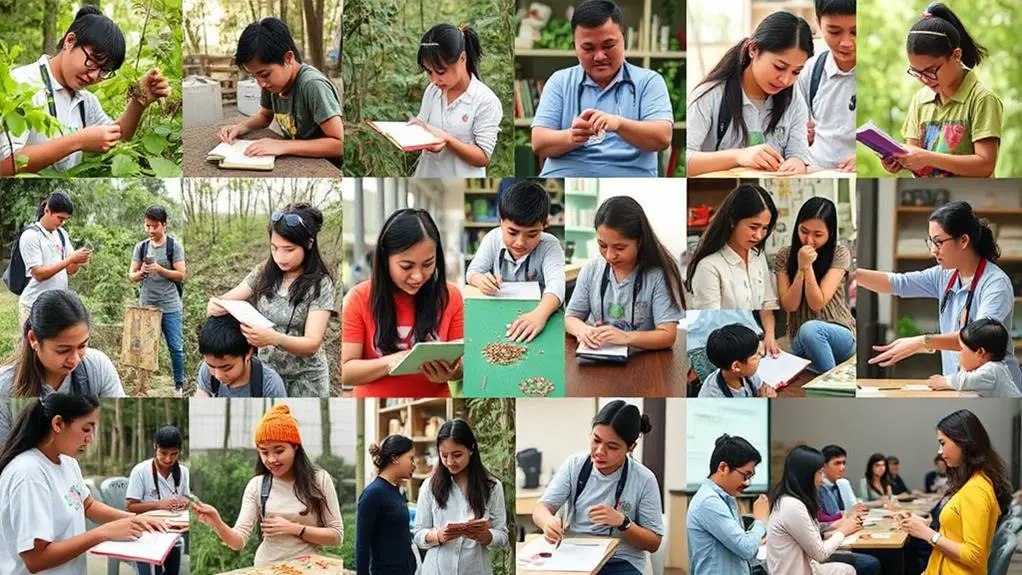
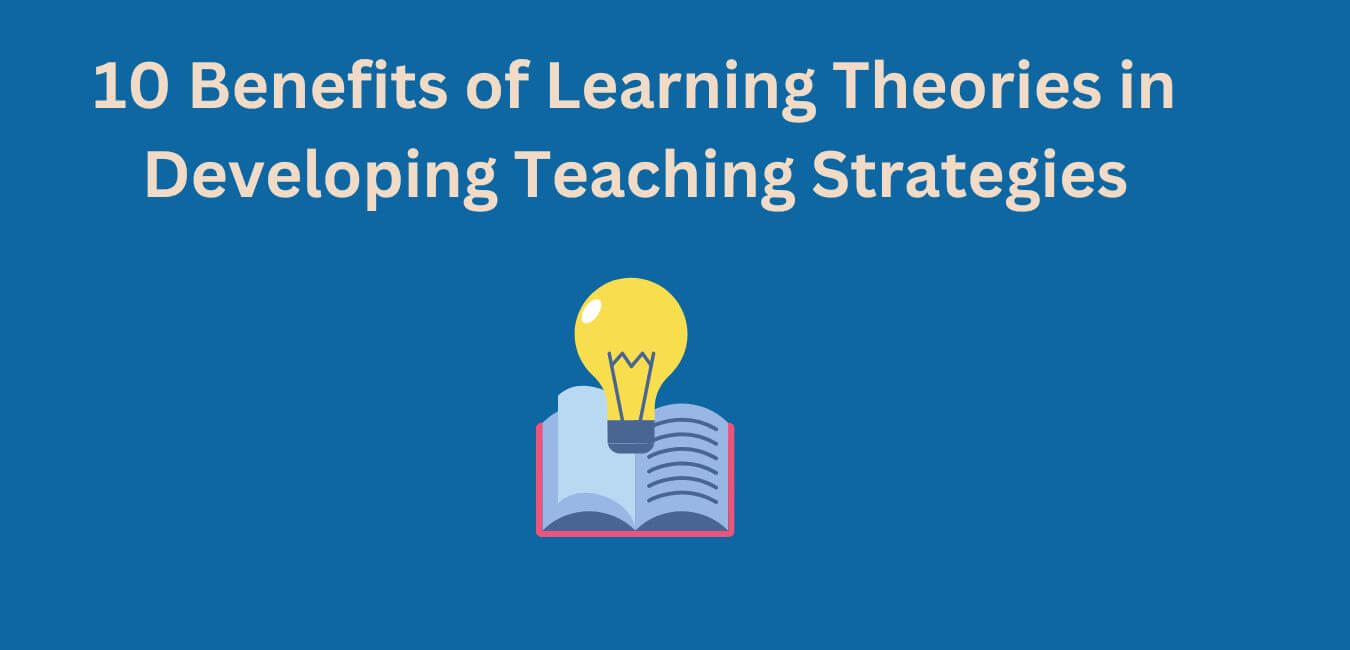
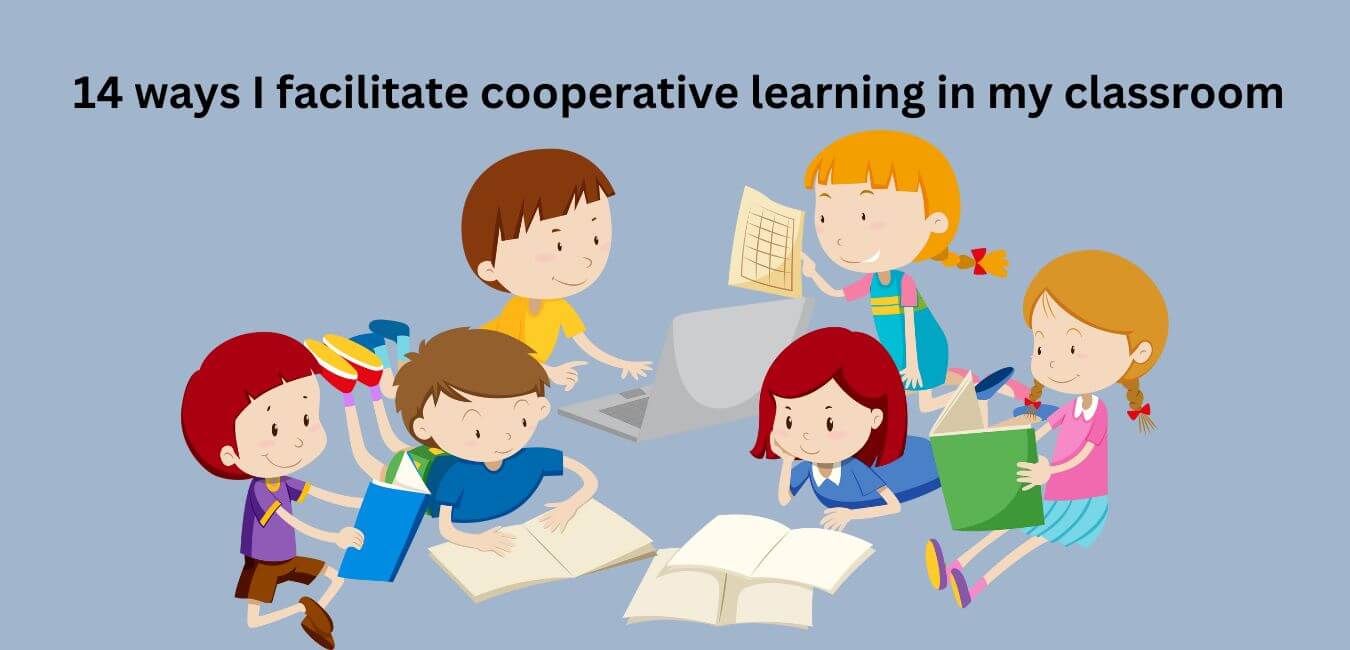
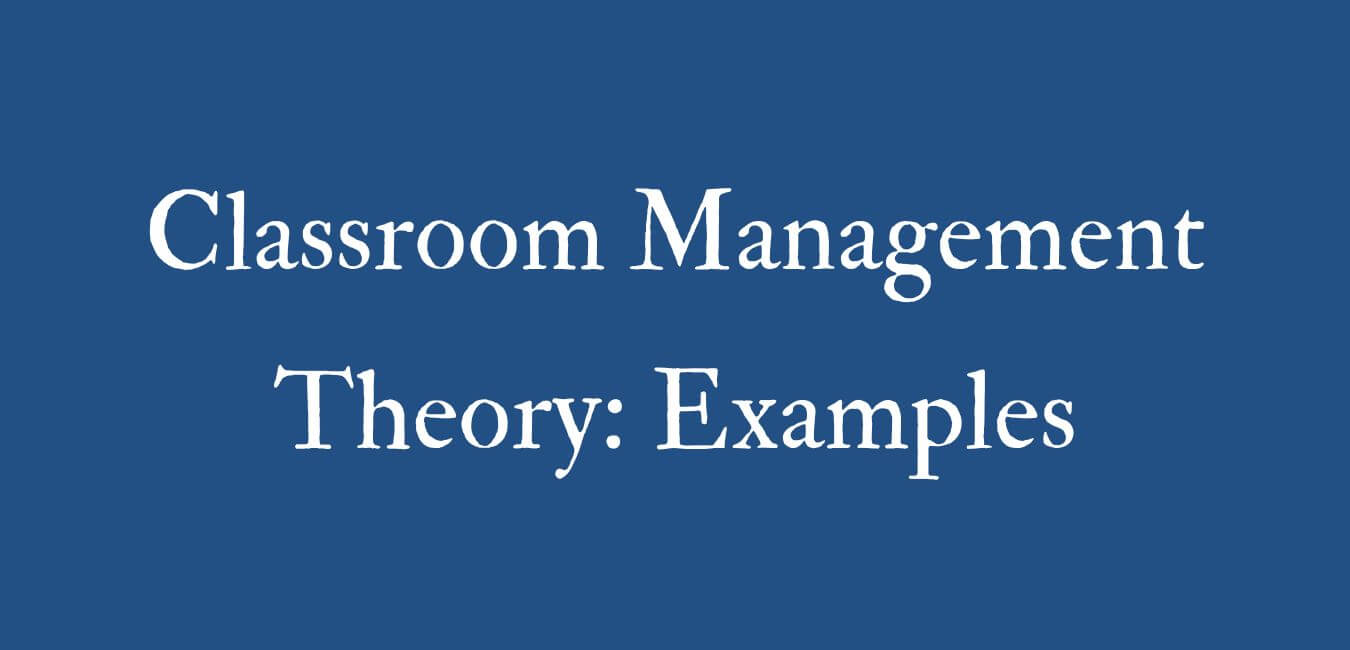
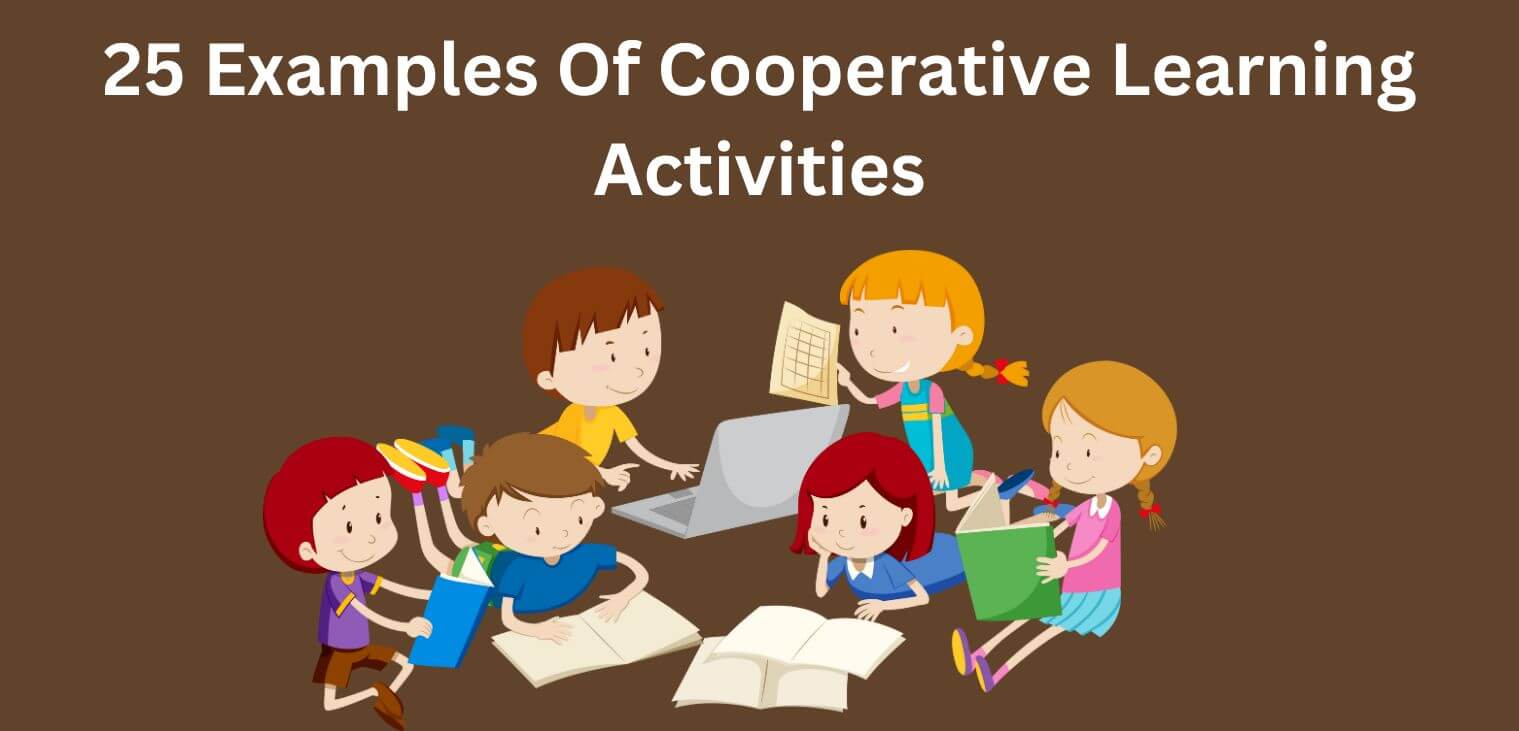
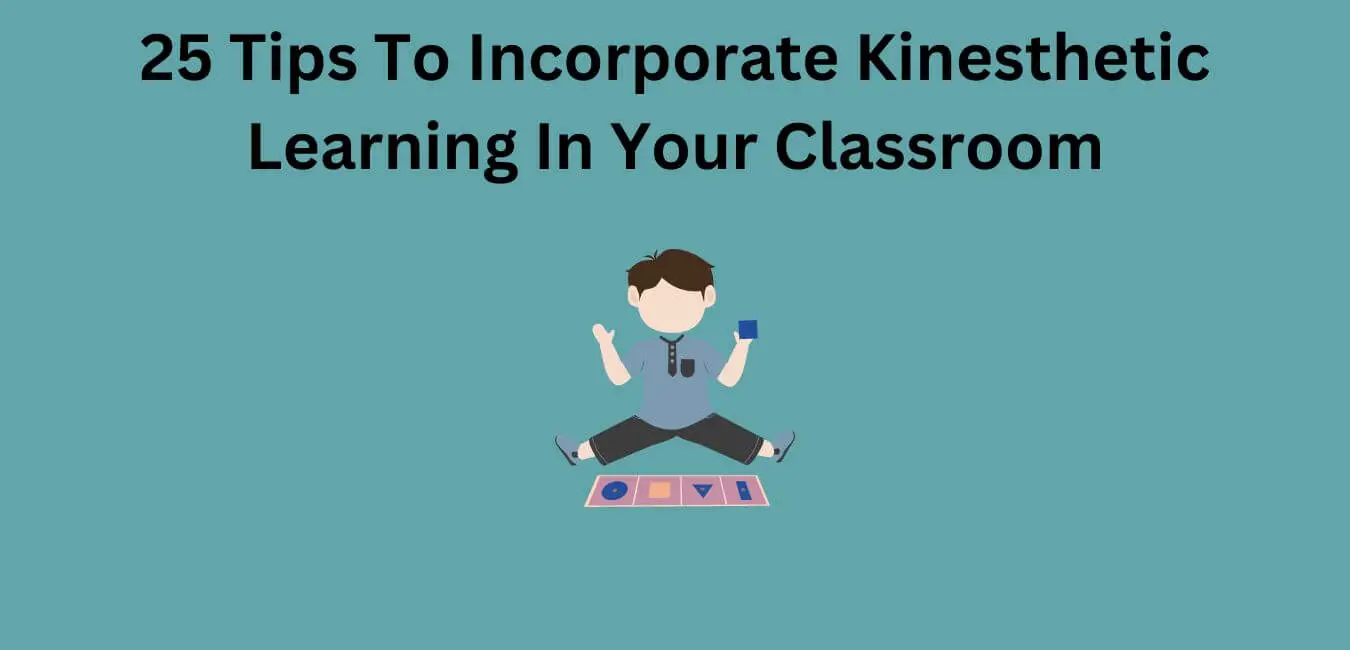
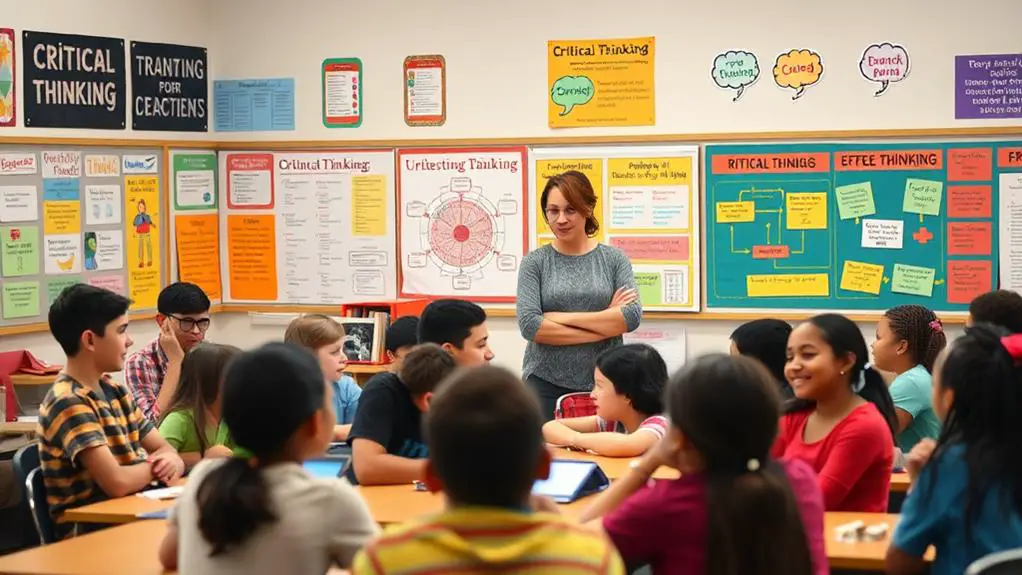
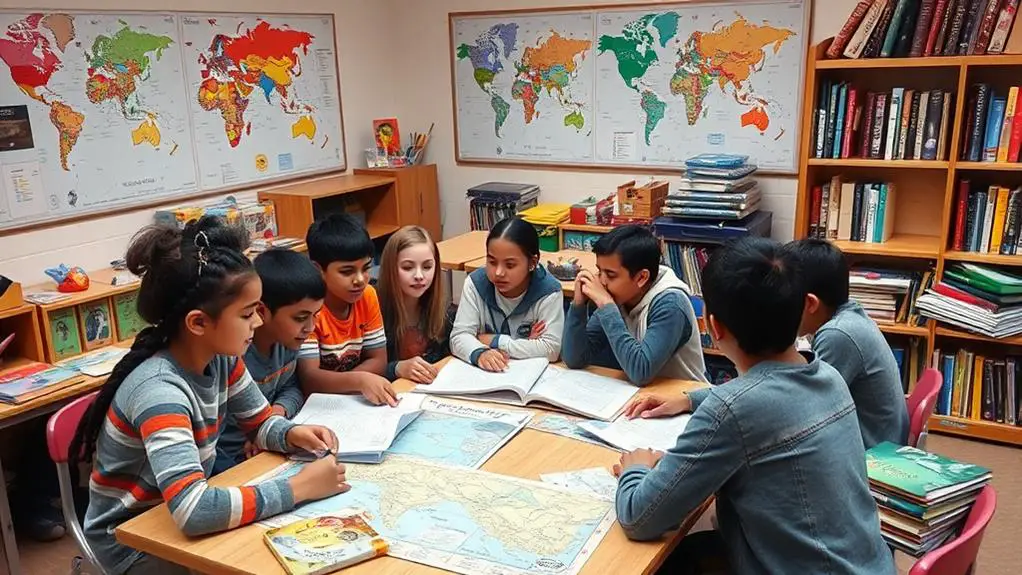
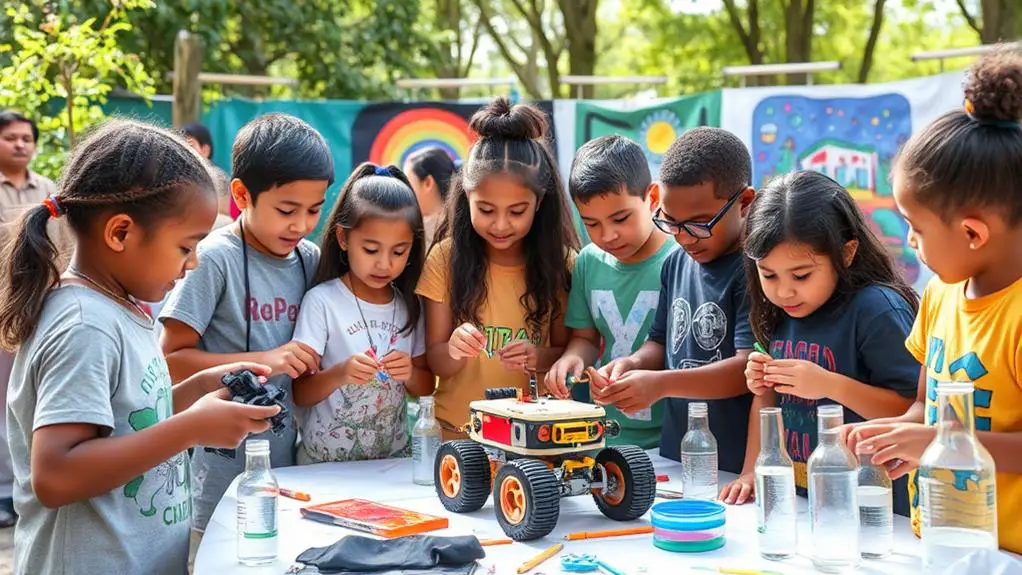
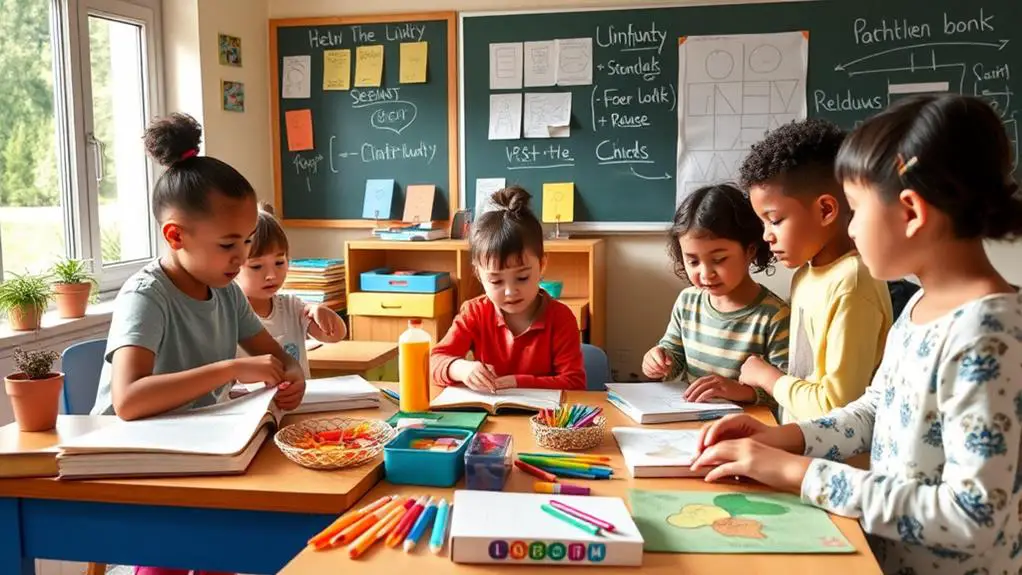
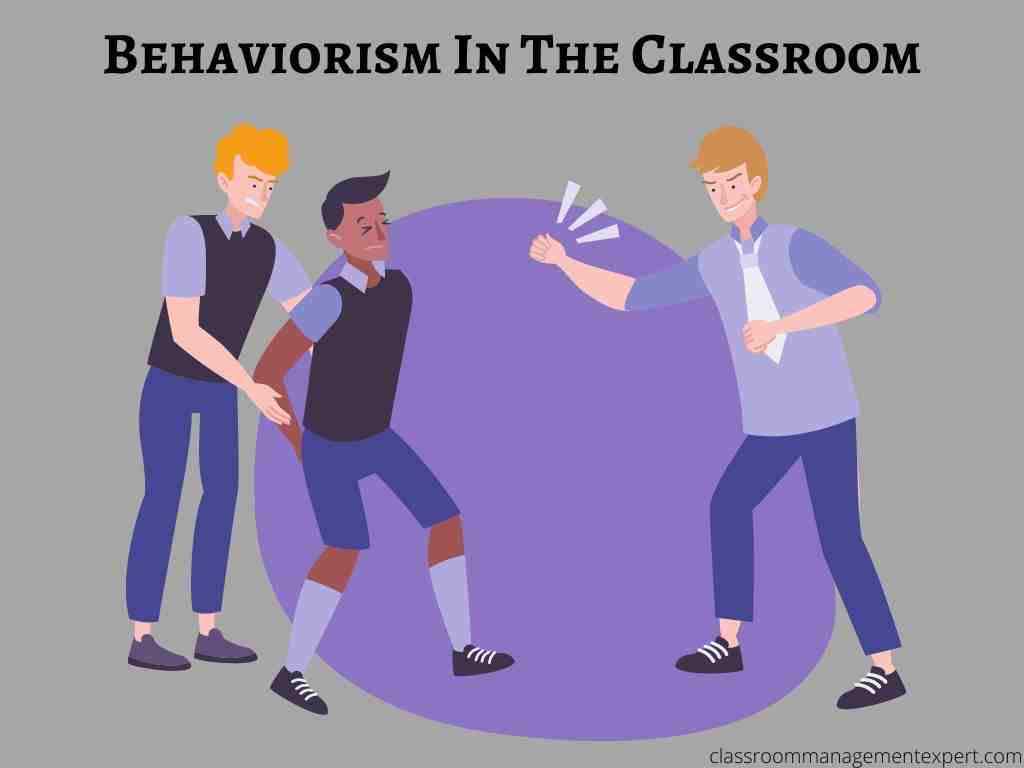



Leave a Reply